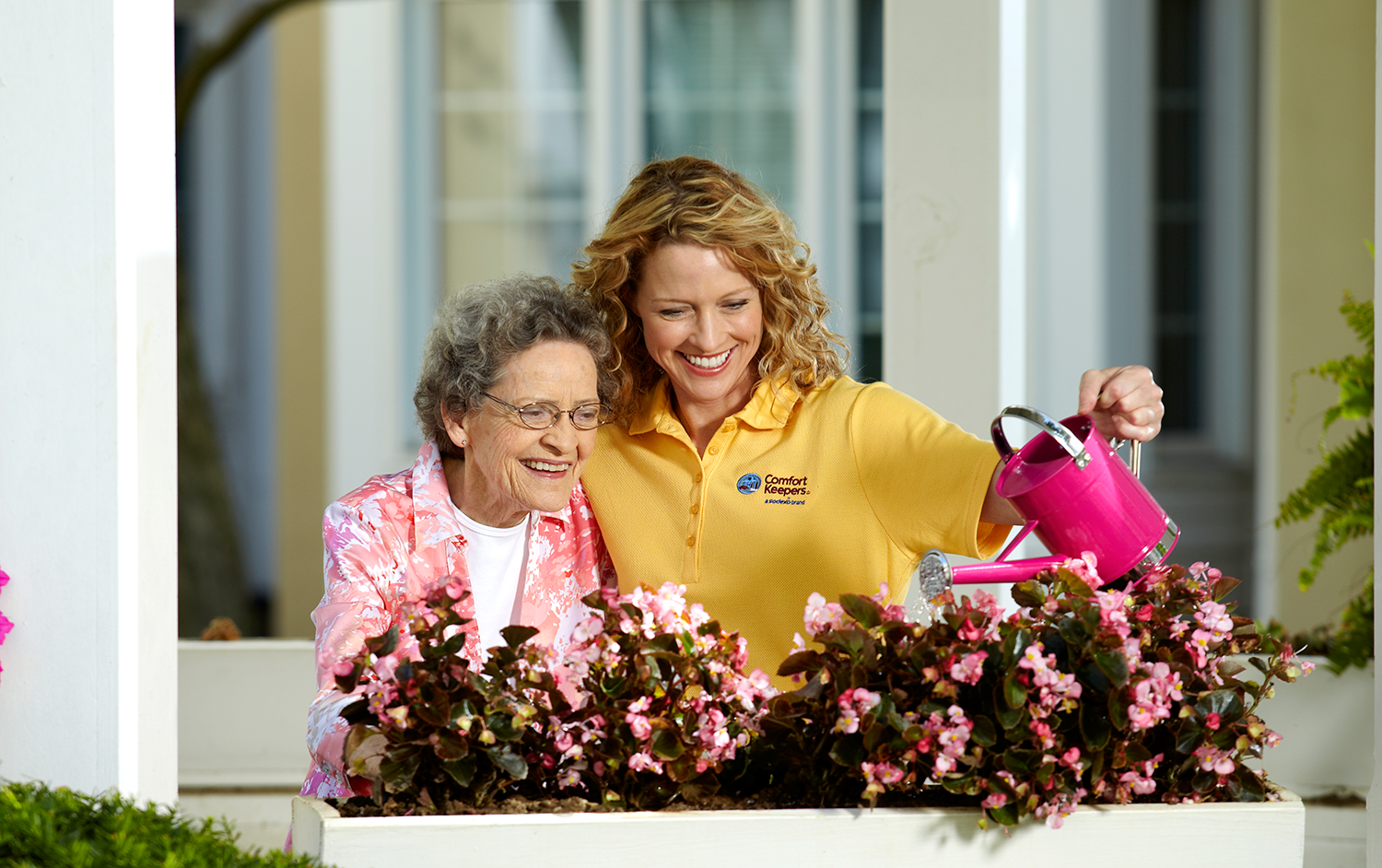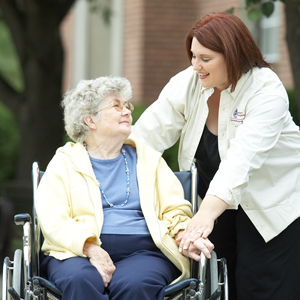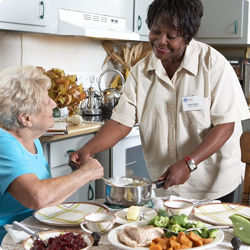Alcohol Abuse in Seniors: Knowing the Signs
Blog | April 19, 2018
It’s not uncommon to associate alcohol consumption with younger age groups, but studies show that drinking among older adults is on the rise. Some attribute this to pervasive anxiety caused by the recession, while others note that baby boomers have gone through life without the aversion to alcohol experienced by older generations. Both theories are valid, but a factor that should not be underestimated is that, for many, life simply becomes harder with age.
Seniors may turn to alcohol in order to alleviate the pain, loss, isolation, loneliness, or despair that they’re feeling, due to events such as the death of a spouse, children moving away, retirement, or physical ailment. Or if they have an existing affinity to alcohol, the challenges of aging may increase dependence. A drink or two a day may quickly become four or five. And though the body may have tolerated this years ago, it becomes increasingly sensitive to alcohol over time. In fact, drinking in excess can eventually exacerbate existing health conditions or result in liver damage, cancer, immune system disorders. It can also increase the risk of accidents – in or outside the home – and can be lethal if combined with certain medications.
Knowing the Signs
Again, many seniors may not understand that they are abusing alcohol. To them, it may just be as if they are continuing to consume as they always have. Being proactive and providing education to seniors on the dangers of even moderate alcohol consumption is extraordinarily important. Additionally, family members, caregivers, and friends should also know exactly how to identify a loved one’s drinking problem.
Here’s what to look for:
- Drinking in private or in a hidden, solitary way
- Loss of interest in hobbies or activities that were once pleasurable
- Increasingly hostile or angry
- Ritual of drinking before, during, or after meals
- Memory loss or confusion
- Slurred speech
- Change in appearance
- Empty liquor bottles or beer bottles
Some of the signs listed above can be mistaken for other conditions experienced by seniors, such as depression or dementia. This results in alcohol abuse often being overlooked in the senior population. Coupled with the fact that many seniors are reluctant or embarrassed to seek help, it’s no surprise that this is becoming a bigger problem.
Adult children and family caregivers should not dismiss any of the signs of alcohol abuse, but they should also approach the topic delicately and with respect for their loved ones. As mentioned previously, they may view alcohol as their only form of solace, so proposing that they be without it may not go over well, at least initially. Keeping communication open is key, as is letting seniors know that there are healthy alternatives and support systems available to help them begin to live safer, happier lives.
Comfort Keepers® Can Help
Safety, happiness, and positive wellbeing. These are all qualities we want for the seniors in our lives – and we want to know that they have what they need to live independently. Comfort Keepers® makes that a reality by providing quality care for seniors and peace of mind for families. In doing so, our compassionate, professional caregivers can let families know of any changes in their loved one’s behaviour that may indicate a drinking problem. Our goal, above all, is to maintain the physical and emotional well-being of seniors everywhere. Contact Comfort Keepers today to learn more about our unique style of caregiving.
References:
The New York Times. “Alcohol Abuse is Rising among Older Adults” by Paula Span. Web. 2017.
Alcohol Rehab Guide. “Alcoholism in seniors” Web. 2018.
NCADD. “Alcohol, Drug Dependence and seniors.” Web. 2018.
National Institute on Aging. “Facts about Aging and Alcohol.” Web. 2018.
Individualized Home Care Options
Long-Term Home Care, 24 Hour Home Care & Short Term Care Options Customized for You







